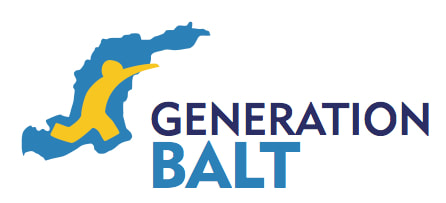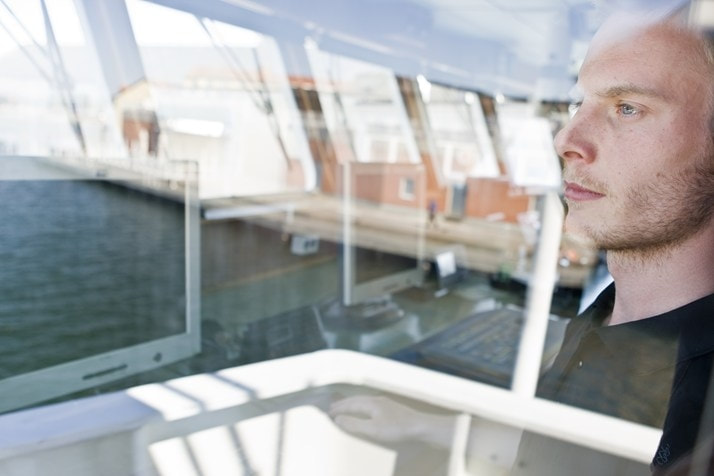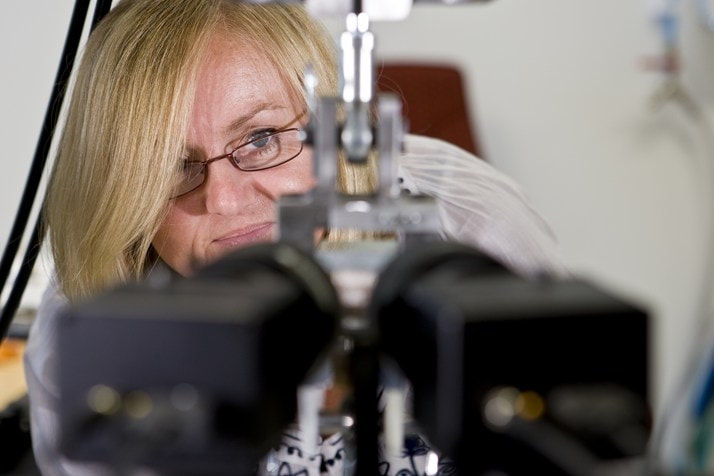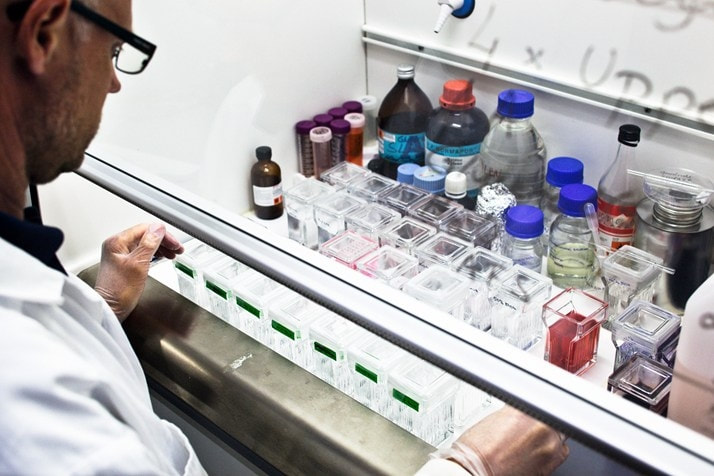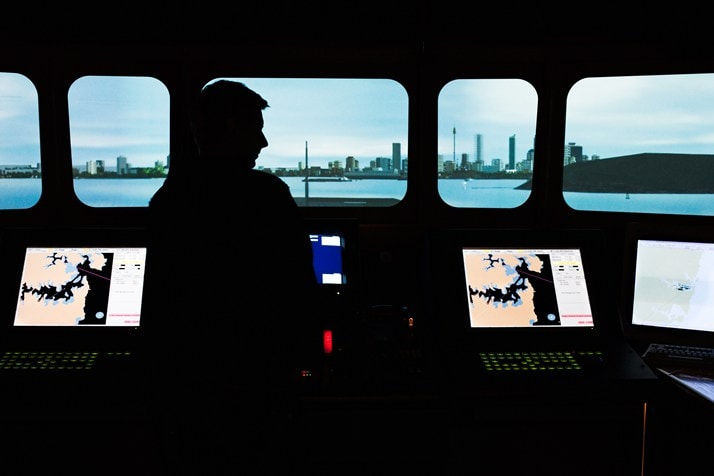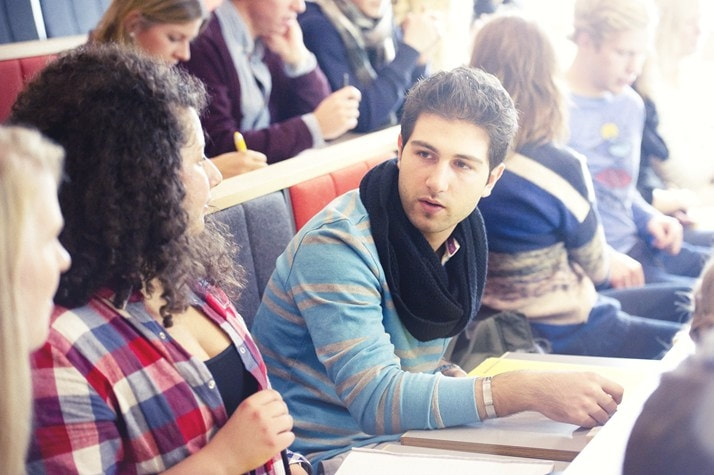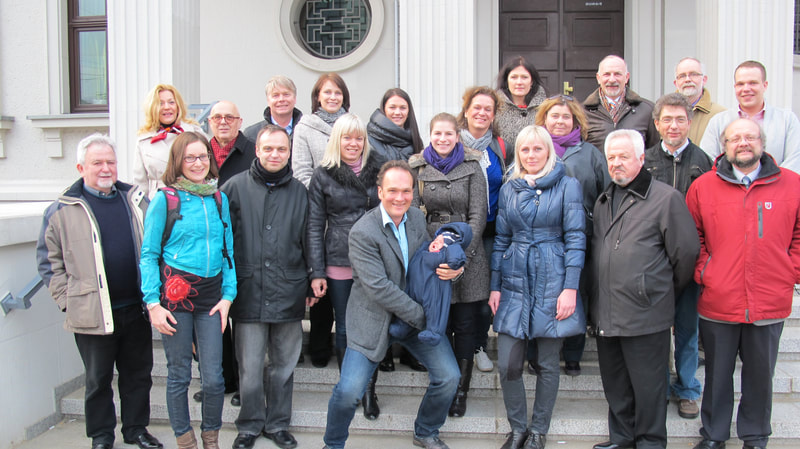Generation BALT was a cooperation of higher education institutions and maritime business associations from Germany, Poland, Lithuania, Sweden and Russia, who connected their potentials to boost the Region's innovation-based maritime economy by means of upgrading and harmonising the maritime curricula. In order to stay competitive and solve the ecological problems of the Baltic Sea, the South Baltic maritime sector has to undergo a shift from industry- to knowledge- and innovation-based economies. The New Maritime Sector is a current term, but we prefer to call it a changing maritime sector. To achieve this change, there is a growing need for skilled engineers, researchers and educated leaders, both on board and on shore, who can meet the demand for smart technical and managerial solutions and strict requirements on environmental protection. Unfortunately, most of the current academic programs in the region do not sufficiently prepare their graduates for these challenges and opportunities. As a result, many marine-related graduates (Msc, MA, Bsc, BA but also engineers with other specialisations) cannot find employment in their profession.
The main project activity was the international Generation BALT supplementary study programme, covering 5 courses designed around the maritime sectors with largest development potential identified by a foresight study. Target groups were skilled and ambitious last-grade students and unemployed graduates from the region. During the course of intensive match-making activities participants had a chance to meet their potential employers, arrange an internship and possibly a job. Our program promoted the creation of international elite, a new generation of Baltic Sea professionals: engineers, lawyers, economists and scientists who contribute to the Region’s economy not only with their excellent skills, but also with their holistic understanding of the Baltic Sea, its problems and its socioeconomic and natural interdependencies. Comments are closed.
|
